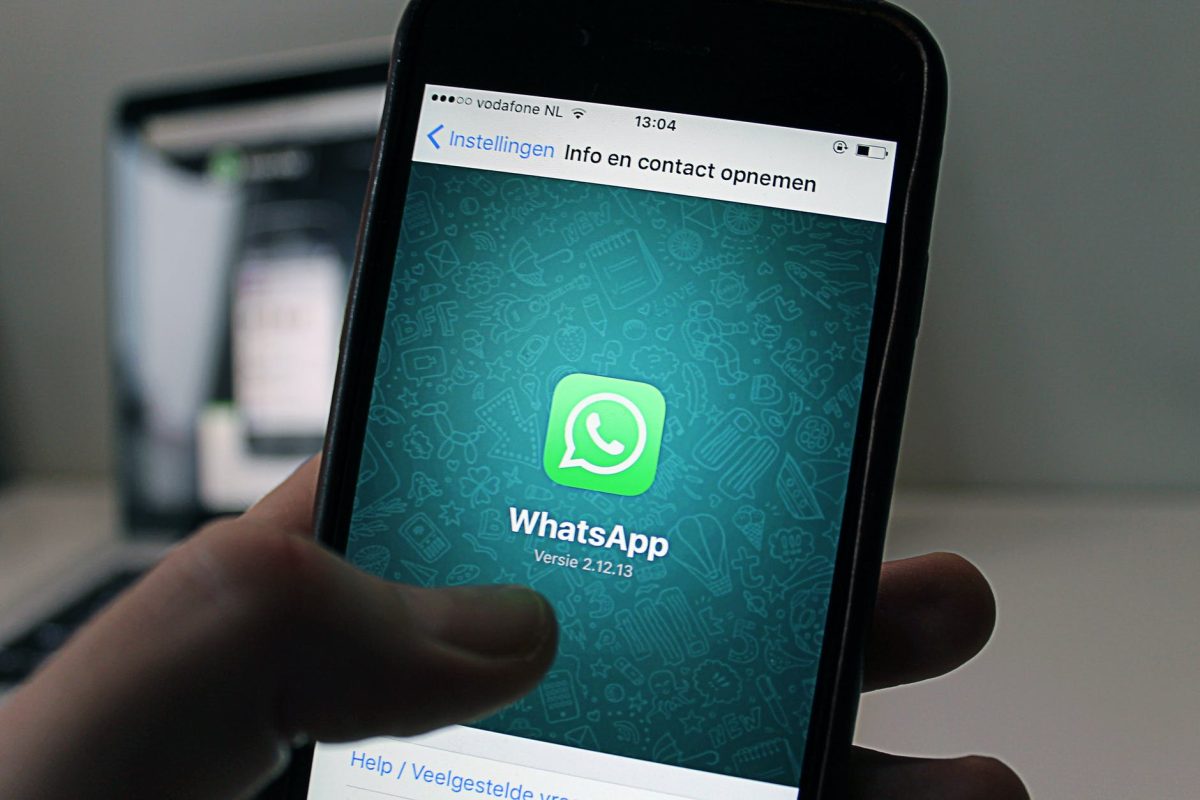WhatsApp threatens to leave the country if compelled to violate users’ chat encryptions | Photo: Pexels
New Delhi: WhatsApp LLC, a popular messaging app prominently used in India, gave a statement on Thursday to the Delhi High Court that it will exit India if the government asks it to break its end-to-end encryption services on the chats of its users. This statement was made during a hearing of WhatsApp and Meta’s petition against a specific rule within the Information Technology (Intermediary Guidelines and Digital Media Ethics Code) Rules, 2021. This statement by WhatsApp has since sparked a debate on the importance of a sensitive balance between an individual’s right to privacy and the government’s crucial hold on national security.
The IT Rule
According to Rule 4(2) of the IT Rules, social media platforms that provide messaging services are required to reveal the identity of the message sender upon an order issued by a court or other competent authority. The platform has to adhere to sending information as per the order in situations involving public order, national security, or crimes like rape, sexually explicit content, or child sexual abuse that are punishable by a minimum five-year prison sentence. Furthermore, the regulation also specifies that in cases where the message originator can be identified using less invasive techniques, no such order should be granted.
WhatsApp’s Statement
In its petition, WhatsApp has argued the justifiable aspect of the IT rule and any potential criminal accountability for non-compliance. According to the firm, in order to comply with the traceability requirement, its end-to-end encryption would have to be hindered, which would violate its customers’ fundamental rights to privacy and free speech.
Advocate Tejas Karia, representing WhatsApp, highlighted the platform’s dedication to secure privacy through end-to-end encryption of its users. He stated that if WhatsApp is forced to break encryption, the platform will cease its services.
“As a platform, we are saying, if we are told to break encryption, then WhatsApp goes,” Advocate Tejas Karia said.
Advocate Karia also emphasized the massive data storage implications of the IT rule, saying that WhatsApp would have to store large amounts of messages for an extended period without knowing which ones would eventually require decryption.
The Court’s Statement
The bench, which was headed by Acting Chief Justice Manmohan and Justice Manmeet Pritam Singh Arora, emphasized the need for a balanced approach, recognizing that privacy rights are not vandalised. The Central government argued that the proposed rule is essential to trace message originators in cases involving communal violence, while also pointing out that WhatsApp and Facebook monetize user information and hence cannot claim complete privacy protection. The government also highlighted the global efforts to hold Facebook accountable for its data practices.
Ongoing Court Proceedings
The bench is set to continue hearing of the cases on August 14.
The outcome of these proceedings could have significant implications for how messaging platforms handle encryption and user privacy in India.
